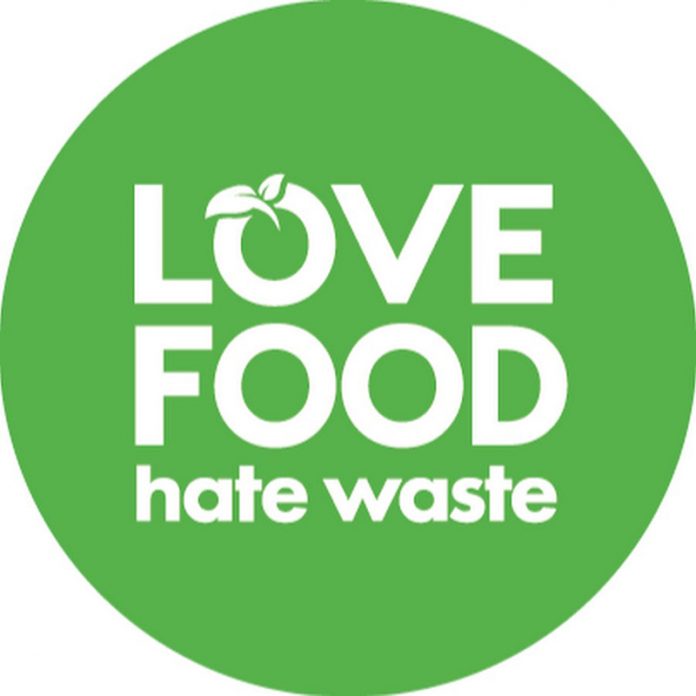Two of Canada’s largest food retailers have recently joined with local and provincial governments and agencies to launch a national Love Food Hate Waste campaign, which aims to change Canadians’ behaviours around food, and dramatically reduce the significant amount of food wasted across the country every day.
Canadians are among the worst of the developed nations when it comes to food waste, with about 47 per cent of food waste occurring in the home. More than 60 per cent of the food Canadians throw away could have been eaten, costing the average Canadian household more than $1,100 per year. In all, 2.2 million tonnes of edible food is thrown out annually, contributing to Canada’s greenhouse gas emissions as well as wasting the resources needed to produce and distribute food to consumers.
“The Love Food Hate Waste campaign is desperately needed to tackle food waste across the country,” said Malcolm Brodie, chair of the National Zero Waste Council. “The campaign is the first coordinated national approach to help Canadians change their relationship with food. It only takes a small change, such as buying only what we need so food doesn’t spoil or get forgotten in the back of the fridge and is then thrown out.”
The campaign offers practical and easy tips for keeping and storing fresh food, using up existing ingredients and better planning to avoid over-purchasing food. The campaign is based on a successful model in the United Kingdom, where avoidable household food waste was cut by 21 per cent in its first five years, saving UK consumers £13 billion (CA$22.43 billion).
The campaign, which comes ahead of the federal government’s plan to introduce a Food Policy for Canada, is spearheaded by the National Zero Waste Council (NZWC) and already involves nine partners, including the cities of Toronto, Vancouver and Victoria, the Capital Regional District, Metro Vancouver, Province of BC, RECYC-QUÉBEC, and major Canadian food retailers Walmart Canada and Sobeys.
It follows on the heels of the release of the NZWC’s Food Loss and Waste Strategy, which focuses on the need to change consumer behaviour and reduce food waste in the production and distribution systems – where the other half of Canada’s food waste occurs. The strategy also calls for an overhaul of food labelling laws in order to alleviate confusion over ‘best before’ dates, and establishes a national goal to halve food waste by 2030.
The Food Loss and Waste Strategy was shared with Agriculture and Agri-Food Minister Lawrence MacAulay, and Environment Minister and Climate Change Minister Catherine McKenna to help inform the federal government’s development of a Food Policy for Canada.
The National Zero Waste Council brings together governments, businesses and non-government organizations to advance waste prevention in Canada. Metro Vancouver founded it in collaboration with the Federation of Canadian Municipalities in 2013.









